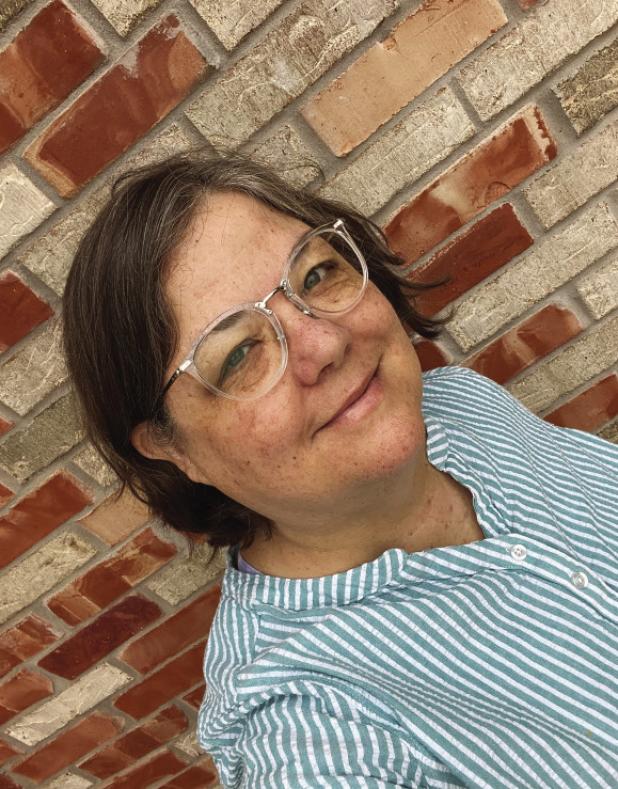
Walls
What’s the first thing that comes to mind? Perhaps our state’s southern border. You’d probably guess correctly that this column is not about that. Still, concepts here might make interesting contemplations for that issue.
Someone recently asked me about how to dismantle unconscious walls that prevent the deep connection they’d like to feel with other individuals. How? And what do you say?
First center in self-compassion. There’s a valid reason the walls were put up. Even if the initial emotional injury is forgotten, it’s important to honor the way we adapted to enable us to survive, keep going to this moment, giving us the ability to ask the question of how to allow more closeness. This might include self-forgiveness. My professional approach is to not force anything because we have a natural inclination to heal and what needs to be seen will surface when the time is right. Like a rosebud, there’s no way to force the bloom to open but to wait and watch. Best to cultivate an attitude of caring alertness.
Mindfulness, similar to self-compassion, or caring alertness grounds us in this present moment. Being present, gently, with ourselves and others, is the doorway to deeper connection.
That’s easier said than done. So let’s look a bit at context. What internal landscapes make more space and enable walls to naturally fall down? What makes you most comfortable and want to share with others?
Acceptance and non judgementalness. Starting with self-compassion means we start with accepting ourselves as we are, in this moment, mistakes and all. It doesn’t mean that we don’t try to change or improve, to make different choices moving forward. It doesn’t mean we don’t care about injustice and other ways people hurt each other. It does mean we accept that the world is broken and things happen beyond our control. Maybe you’re not quite ready to accept that. Give yourself space with that: practice accepting that you can’t accept that. What does that feel like?
Might not feel good. Maybe it’s not supposed to. Meanwhile there’s an opportunity to become aware of expectations and how they impact you. Maybe there are some expectations you can let go of.
Cultivate curiosity. Again, starting with self and then, including the other. When joined with kindness, curiosity can give us the words to say in the empty spaces. How are they feeling right now? What has impacted them? Have you experienced anything similar? That question initiates empathy. Shared experience, empathy, can nurture relationships and deepen trust.
Give yourself time. Sometimes walls fall down on their own and other times, it’s hard work to dismantle them. Still other times the work is not putting them back up. Takes courage to be vulnerable, especially in new ways.
We all long to be truly “met,” for others to really “get” us, that deep understanding that can exist between people that goes beyond language. What a rare blessing! When we experience those relationships, or moments, we cling to the richness of that nurturing. When we don’t feel met, the next best thing is to be thoroughly accepting of the other person. Even the little irritating habits or ways we wish they would just do things our way. That’s the challenge of intimacy, to be able to accept the other person as they are, this moment—to be curious rather than wishing they were different.
Some people make intimacy and relating seem easy. Careful not to judge your insides by their outsides. Take it moment by moment. That’s the best anyone can do.
Agree? Disagree? Questions? All feedback welcome! Email YourBestHereOlney@gmail.com. Feel free to make suggestions if there’s a topic you’d like to hear more about. All feedback will remain confidential (unless limited by law). Mona Bernhardt, LCSW grew up in Olney and happily returned after living elsewhere for 40 years.
